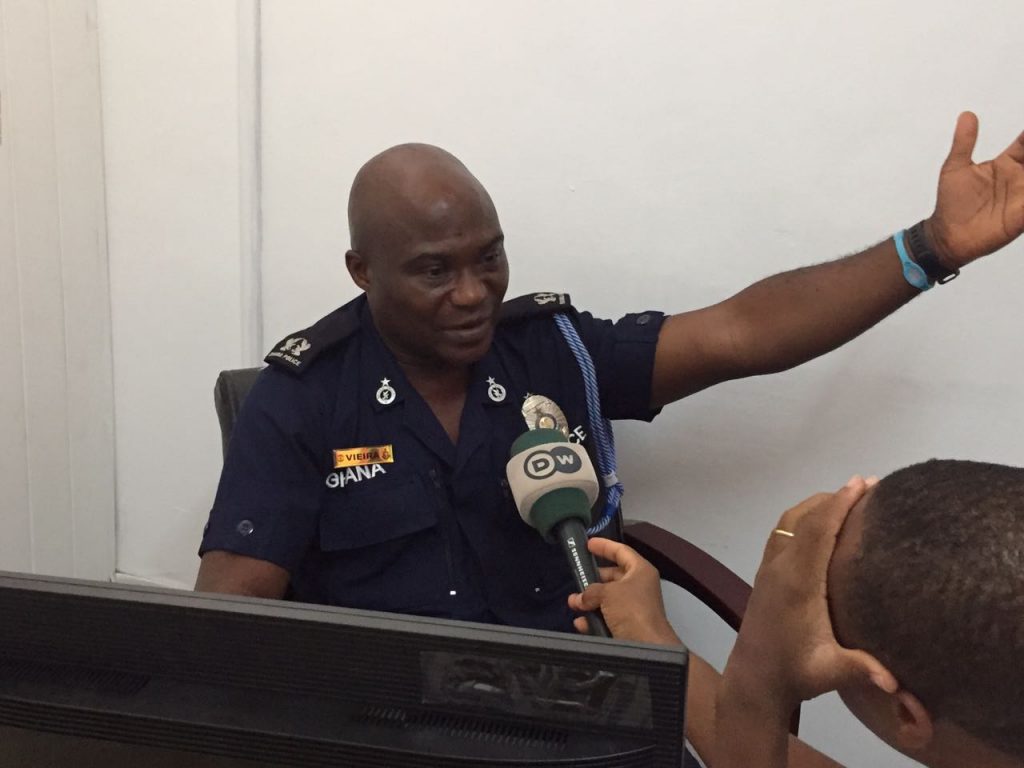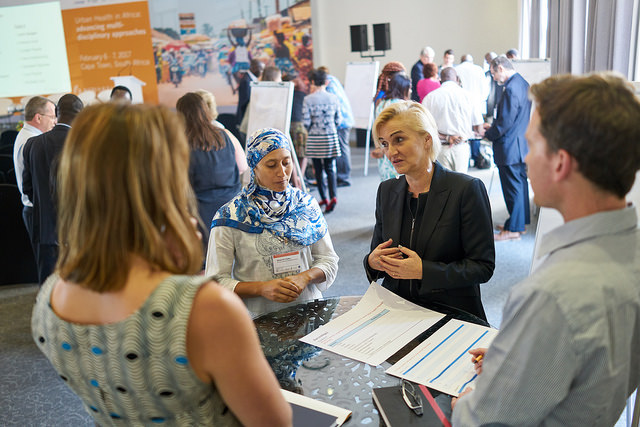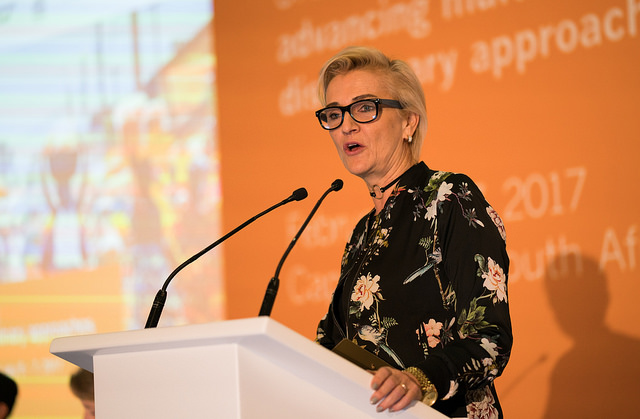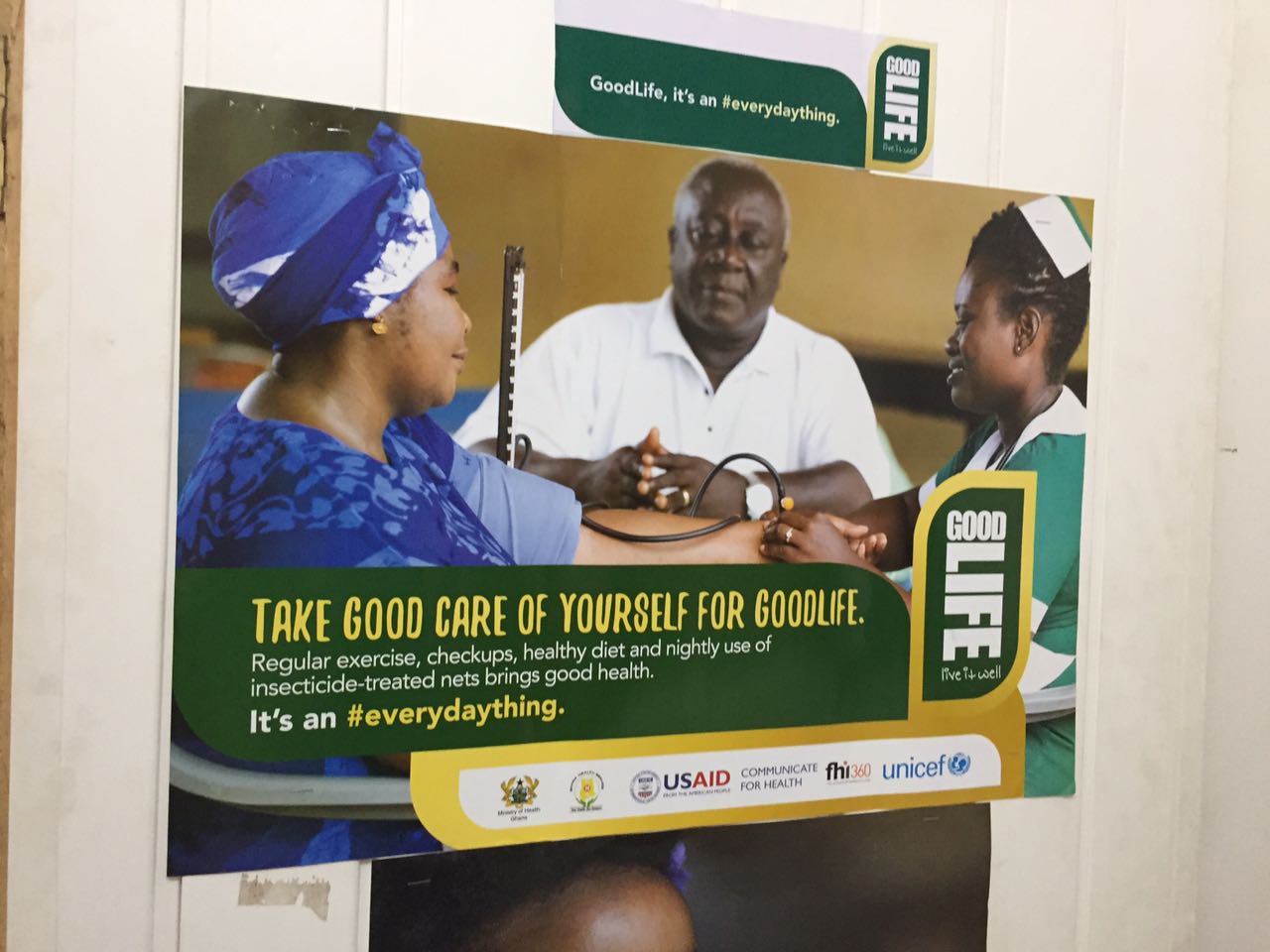Michael Vieira is in his 50s and when he agreed to speak to Africa Feeds in his office in Ghana’s capital Accra, he looked hearty and excited to meet the team. But behind the laughter and smiles is a condition he is managing; hypertension.
Vieira told the team “My PB is on the border line, I have been a slim person if you look at me in my earlier age, I have been very like a pin, and because of this kind of sedentary work, I started blotting, I started changing all my dresses, so I started getting those headaches.”
Vieira is a police Superintendent Officer and works at one of Ghana’s prominent health posts, the Police hospital in the country’s capital, Accra. With BP, Vieira is talking about his blood pressure. Hypertension also known as High blood pressure increases the risk of heart attacks, strokes, kidney disease and eye damage.

It is one of the non-communicable diseases gradually taking a toll on dwellers in urban areas like Accra. It is compounded by modern lifestyle of people and poor eating habits. The condition kills millions globally every year with Sub-Saharan Africa including Ghana significantly affected.
Vieira’s condition prevented him from living comfortably until he was introduced to a rehabilitation system by a nonprofit human development organization called FHI360. The group had support from the Novartis foundation and other global partners to roll out a project that supports hypertensive patients manage the condition.
Kafui Dzasi, a clinical research associate with the FHI360 in Ghana told Africa Feeds that the program “That we are running which is a research based involves the use of physical activity trackers in the management of hypertension, among urban population in Accra, aged between 18 and 64 years.”
Due to the initiative, people like Vieira get to use a physical activity tracker to monitor their health conditions and follow an e-health alert system to enable them to manage their conditions.
Vieira acknowledged the significant role the program is playing in his recovery by saying “If you move around, take one few, three or more steps then you see that the lines start blinking, it tells you that you should do more. So as we are here and I am moving you see that its blinking, its tells you that some activity is taking is going on. So this is something that is good for a hypertensive to be exercising on regular basis.”
Hypertension is among other non-communicable diseases gradually taking a toll on dwellers in urban areas like Ghana’s Accra. As at 2,000 over one billion of the world’s population had hypertension but that figure could go up by 40 per cent by 2025. It is compounded by modern lifestyle of people and poor eating habits. The disease kills millions globally annually with Sub-Saharan Africa including Ghana significantly affected.
Several scientists and urban health experts recently met in Cape Town in South Africa to think through the best strategy to deal with the emerging threats non communicable diseases pose to urban dwellers in Africa.

The meeting was organized by the Novartis foundation with support from other international partners. Anne Aerts who is the head of the foundation told Africa Feeds that a new project by her organization called “Better Hearts, Better cities” will significantly help in addressing the issues of Hypertension.
“So better hearts better cities is an initiative to address Hypertension in a very holistic way, so that we can look at the underline risk factors for hypertension, two and address them with our partners to have a major impact on the cardiovascular outcomes of populations in low income settings”. Anne said.

The new approach will be to increase awareness and education among populace, train health experts and equip them to provide better care among others. This new initiative will be rolling out in Senegal, Brazil and Mongolia. But the Hypertension care project already rolling out in Ghana is making some impact.
Due to the already running Hypertension program in Ghana Vieira’s health has improved and he told the team that “this is something that will help all of us, we say prevention is better that cure, but practically we have never done anything prevention properly, so this is something that will put it running.”
Vieira now teaches other health trainees about hypertension and now has a new office opened for his service. He receives patients daily to be assisted to manage their conditions. He hopes to help reduce the number of people who have to resort to the hospital instead of adopting simple health tips to prevent them from escalating their hypertensive conditions. Hopefully it should work.
Source: Africafeeds.com/ Isaac Kaledzi



